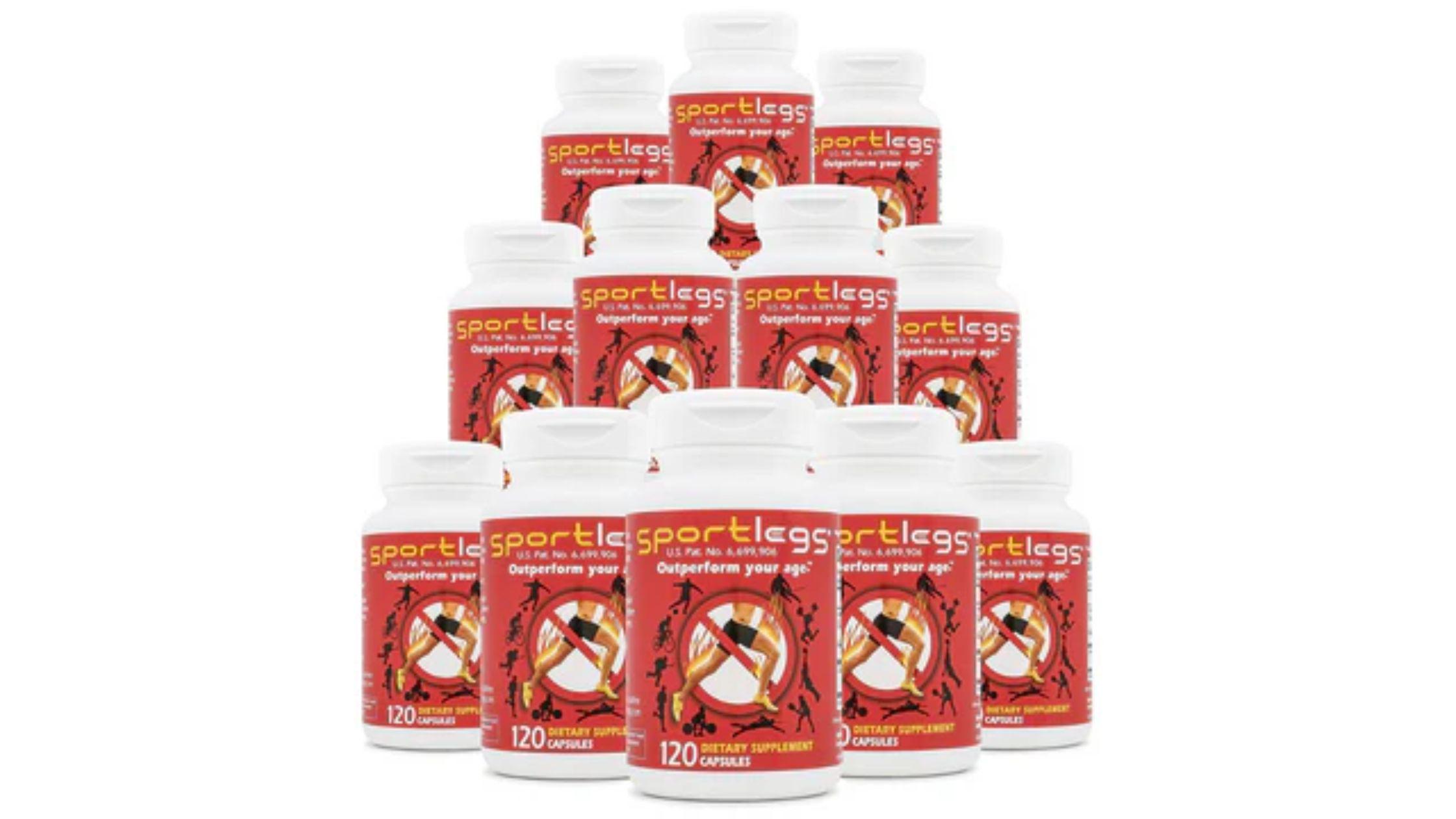Soccer, often hailed as the world's most popular sport, demands peak physical performance from its players. From the explosive bursts of speed to the endurance needed to last the full 90 minutes, every aspect of the game requires a finely tuned body. While training, practice, and skill are crucial components of a player's success, the role of nutrition should not be underestimated.
In this post, we delve into the essential role of soccer vitamins in optimizing performance on the field.
Understanding Soccer Vitamins: What Every Player Should Know
Soccer vitamins encompass a range of essential nutrients that support various bodily functions, including energy production, muscle function, and recovery. While a balanced diet is the foundation of good nutrition, certain vitamins play a particularly important role in meeting the specific demands of soccer players.
Vitamin D: The Sunshine Vitamin
Vitamin D plays a vital role in bone health and muscle function, making it essential for soccer players who are constantly pushing their bodies to the limit. Exposure to sunlight is the primary source of vitamin D, but many athletes may still require supplementation, especially during the off-season or in regions with limited sunlight.
B Vitamins: Energizing Nutrients
The B vitamins, including B1 (thiamine), B2 (riboflavin), B3 (niacin), B6, and B12, are involved in energy metabolism and the production of red blood cells. For soccer players, who rely on quick bursts of energy and sustained performance throughout the game, adequate intake of B vitamins is essential. These vitamins can be found in a variety of foods, including whole grains, lean meats, dairy products, and leafy greens.
Vitamin C: Supporting Immunity and Recovery
Vitamin C is well-known for its role in supporting the immune system and promoting wound healing. For soccer players, who are constantly exposed to physical exertion and potential injury, maintaining a strong immune system is crucial. Additionally, vitamin C aids in the repair of muscle tissue, helping players recover more quickly from intense training sessions and matches.
Vitamin E: Protecting Against Oxidative Stress
As soccer players engage in intense physical activity, their bodies produce reactive oxygen species (ROS), which can lead to oxidative stress and tissue damage. Vitamin E, a powerful antioxidant, helps neutralize ROS and protect cells from damage. Incorporating vitamin E-rich foods such as nuts, seeds, and vegetable oils into their diet can help soccer players maintain optimal performance and recover more effectively.
Maximizing Performance: Tips for Incorporating Soccer Vitamins into Your Diet
Now that we understand the importance of soccer vitamins, let's explore some practical tips for ensuring adequate intake:
- Eat a Balanced Diet: Focus on consuming a variety of nutrient-dense foods, including fruits, vegetables, whole grains, lean proteins, and healthy fats. Incorporating a rainbow of colors into your meals ensures a diverse range of vitamins and minerals.
- Consider Supplementation: While a well-rounded diet should provide most of the nutrients soccer players need, supplementation may be necessary to fill any gaps. Consult with a healthcare professional or registered dietitian to determine if supplementation is right for you.
- Stay Hydrated: Proper hydration is essential for optimal performance on the field. Water plays a crucial role in nutrient transport, temperature regulation, and muscle function. Aim to drink plenty of fluids throughout the day, especially before, during, and after training sessions and matches.
- Timing Matters: Pay attention to when you eat your meals and snacks, particularly in relation to training and games. Fueling your body with a combination of carbohydrates, protein, and healthy fats before and after exercise can help optimize performance and recovery.
Bottom Line
Soccer vitamins play a fundamental role in supporting the unique nutritional needs of soccer players. By prioritizing proper nutrition and incorporating vitamin-rich foods into their diet, players can enhance their performance on the field and support overall health and well-being. Remember, winning starts within – fuel your body with the nutrients it needs to succeed.
By understanding the role of essential nutrients such as vitamin D, B vitamins, vitamin C, and vitamin E, soccer players can take proactive steps to support their physical health and enhance their performance on the field. With practical tips for incorporating soccer vitamins into their diet, players can fuel their bodies for success and achieve their full potential on the pitch.
